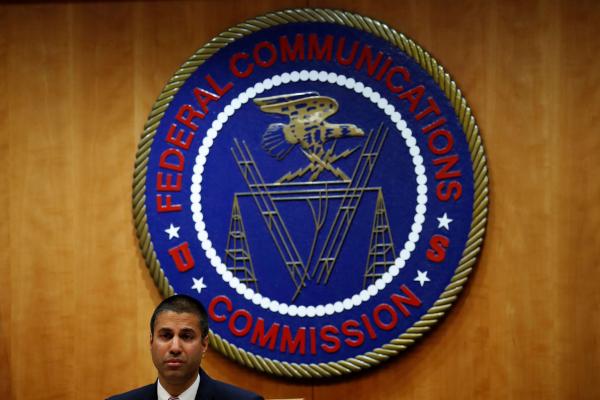Oct 23, 2018
Last month, social justice advocates gathered outside of the Federal Communications Commission to speak out. Aja Taylor with Bread for the City — a direct service organization in Washington, D.C. — stopped us in our tracks with this question: “Can you imagine being on the wait list for subsidized housing for eight years, but miss your opportunity because when your name finally comes up, no one can reach you?”
It is stories like these that reinforce my belief in the fundamental connection between communications justice and social justice. Communication is a human right —a tool that connects us to our communities, helps to disclose injustice, and facilitate innumerable aspects of modern life.
Read the Full Article

Already a subscriber? Login
